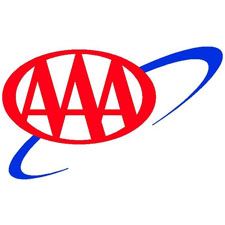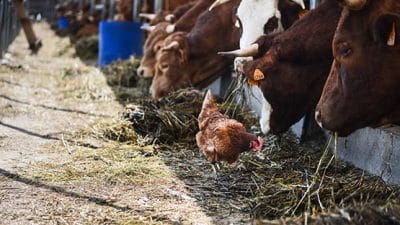
A year ago, AAA Mid-Atlantic predicted Virginia could find itself in the coveted top five lowest places in the country to buy gasoline, in part due to the new Virginia gas tax structure. As of today, those predictions hold true. Virginia motorists are paying the fifth lowest price of gas in the country (tied with Arkansas) and they are also paying the fifth lowest tax rate on gas purchases. By comparison, Virginia motorists are currently paying 9.72 cents less per gallon in motor fuel taxes on gasoline than Maryland motorists and 6.22 cents less per gallon than its neighbors in the District of Columbia.
“Virginia motorists are spending less of their incomes on state fuel taxes than their counterparts in Washington, D.C. and Maryland,” said Martha Mitchell Meade, AAA Mid-Atlantic’s Manager for Public and Government Affairs. “The current fuel tax rate in Virginia is now nearly ten cents lower than it is in Maryland, which implemented a new tax formula the same day, and it is just over six cents lower than at Washington, D.C. filling stations.”
Last year, lawmakers in Virginia made history by altering the state fuel tax rate formula. In a rejection of traditional transportation funding, Virginia became the first state to eliminate the conventional cents-per-gallon (cpg) fuel tax,and the District of Columbia followed suit. As of July 1, 2014, the new tax rate in the Commonwealth of Virginia is the same as the previous six months with a state tax rate of 3.5% on the wholesale and 6% on diesel.
In contrast, Maryland increased its motor fuel tax for the first time in 20 years, and the new law went into effect June 1, 2013. Maryland motorists are currently paying a total of 45.4 cents per gallon in fuel taxes. The state motor fuel tax rate in Maryland currently ranks 25th highest in the nation.
Consumers in the District of Columbia are paying 23.5 cents per gallon on gasoline purchases, for a total of 41.9 cents per gallon with the federal tax. On diesel, the District tax formula is 23.5 cents per gallon, for a total of 47.9 cpg with the federal share. Today, the District ranks 31st in the nation in terms of the state motor fuel tax burden on gasoline purchases. It ranks 34th on local excise taxes on diesel purchases.
With the federal tax added, Virginia consumers are paying a total of 35.68 cents per gallon at the self-serve gas kiosk. As to diesel fuel, consumers in the Commonwealth are now paying 26.08 cents a gallon in state fuel taxes (23.38 cpg plus 2.7 cpg). It is a total of 50.48 cpg with the national diesel tax rate.
Starting January 1, 2014, the effective fuel tax rate in Virginia was 3.5 percent of the “statewide average wholesale price” of gasoline during the base period from June 1, 2013 through December 1, 2013, but no lower than the wholesale price on February 20, 2013, explains the API. However, there is a tax disparity. In Northern Virginia and Hampton Roads, motorists must pay an additional 2.1 percent in wholesale fuel sales tax beyond the statewide level.
Total state gas tax receipts were $35.2 billion in 2013. Across the USA, state and local taxes add an average of 31.5 cents to the cost of a gallon of gas, and 31 cpg for diesel. It averages 49.9 cents per gallon for gas and 55.4 cents per gallon for diesel. The federal gasoline tax was last raised in 1993, AAA Mid-Atlantic notes. However, it is not indexed to the rate of inflation. “One reason the price of gasoline can vary by state is the fact that the taxes often do,” API analysts say. In the cosmic scheme of things, excise fuel taxes comprise about 12 percent of what consumers pay at the pump as compared to 65 percent for crude oil.










